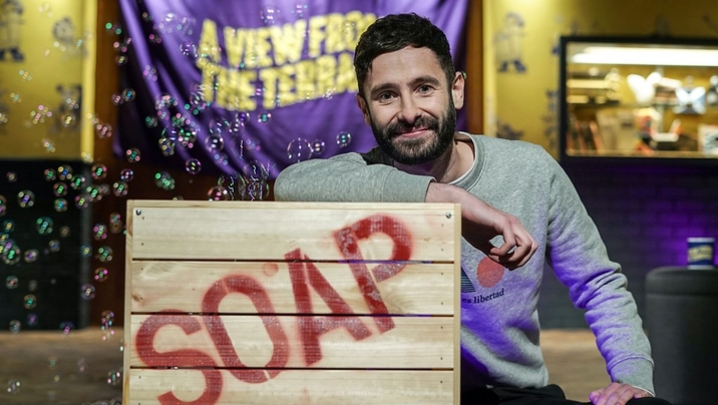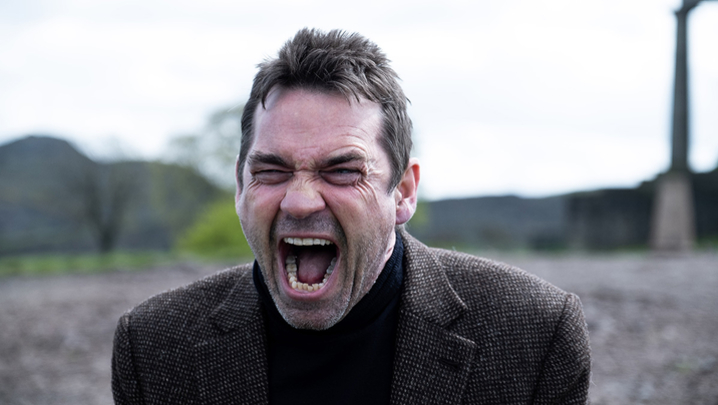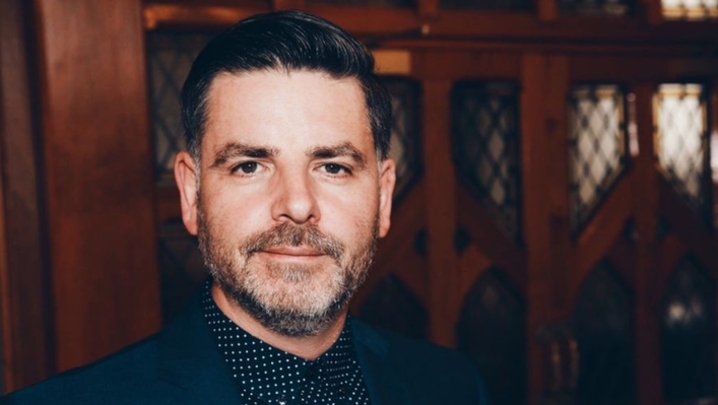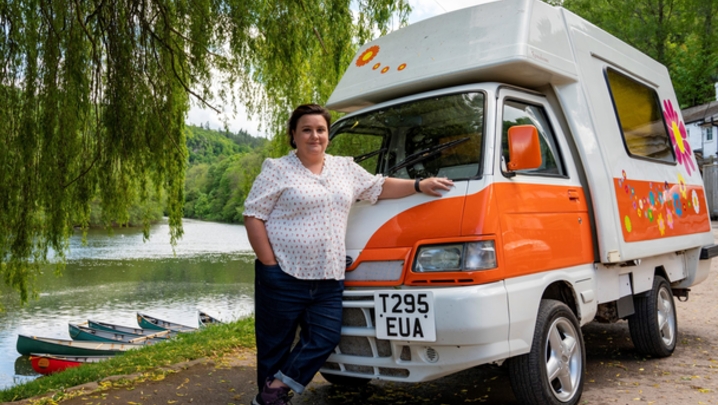Matthew Bell discovers how making quick turnaround shows is helping Glasgow indie Red Sky to keep its head above water
Socially Distant with Susan Calman has been bringing some much-needed cheer to Scottish audiences every Thursday since the early days of the coronavirus lockdown.
But the six-part topical comedy show for BBC Scotland – filmed in the Glasgow comedian’s back garden, with virtual contributions from comedians, actors and musicians – has also given a huge boost to its producer, Red Sky Productions.
“We were facing some pretty bleak times,” says Jane Rogerson, co-founder of the Glasgow factual indie. “We’re only three years old and don’t have massive financial reserves. A month ago, we knew all our productions were going to stop and, if our productions stop, our cash stops. So we had to think hard about how to survive.”
Red Sky pitched Socially Distant with Susan Calman to BBC Scotland shortly before the UK entered lockdown. “It went from pitch to commission in seven days – and we were on air 10 days later,” Rogerson recalls.
The show is filmed in Calman’s garden by one camera operator – at a socially responsible distance – in half a day, just two days before transmission. “We took a decision with the BBC right at the start that we were going to lean into the lo-fi, rough and ready nature of it,” says Rogerson. “If it rains, Susan gets an umbrella out.”
Apart from the camera operator, the rest of the production and post-production team work from home. “We have a morning Zoom meeting for everybody to check in – it’s really important for everyone to feel they are still part of a team,” says Rogerson. “We’ve been very mindful that it’s not business as usual for freelancers.”
Calman is an increasingly popular presence on television. Currently, she can also be seen presenting BBC Two’s Great British Menu.
Red Sky picked up a second commission for a quick turnaround show, this time from Channel 4. Spring at Jimmy’s Farm, a series of four one-hour programmes transporting viewers to the rural idyll of Jimmy Doherty’s Suffolk farm, began its run at the end of last month.
“We were already working with Jimmy on another series for Channel 4 [Can Jimmy Save the Bees?] and so we jumped at the chance to film at his farm during lockdown,” says Ross Harper, joint MD, with Rogerson, at Red Sky.
“We worked hard to get the right measures in place to film safely, including providing camper-van accommodation for each of the crew on location. The project went from commission to filming in less than a week and to air three weeks later.”
The Calman and Doherty shows have brought Red Sky “salvation”, admits Rogerson. The indie had seen a couple of series postponed and others, which, after months of development, were about to be green-lit, paused.
But, she adds, it has been an exciting time making shows on the hoof. “It’s like the old-fashioned way of making telly. You’ve got be quick, decisive and clear, and take the team along with you. At one point, the future looked pretty bleak but [with these productions] we’ve been able to give work to 30 freelancers – that’s been really uplifting.”
The lockdown, which has led to the cancellation of almost all shoots, has hit Scotland’s production sector hard. Its biggest drama, the BBC One/ITV Studios cop show Shetland, has been postponed, which has had a huge effect on the country’s TV freelancers.
“Indies are struggling and we’ve all taken pay cuts to protect our staff, but I really feel for freelancers who are being hit hardest,” says Rogerson.
Help for producers has been announced by Screen Scotland, which is offering TV and film indies development grants of up to £50,000. “This funding will support Scotland’s film and TV producers and writers to develop high-quality, commissionable projects, ready to go into production when the market returns,” says Isabel Davis, Screen Scotland executive director.
Red Sky also has development money from broadcasters for a couple of projects, which can hopefully go straight into production when the lockdown eases.
Rogerson admits that, without more commissions, it “would be tricky” to survive a long lockdown. “And it’s no great secret that the commissions that are being ordered by every channel are not high-price ones, nor are they long runs.”
Nevertheless, she adds: “We’re a creative industry, so challenge can bring creativity.”
Susan Calman on her new show
‘I was first contacted about the possibility of filming a show from my home in the middle of March and was immediately taken by the possibilities.
‘I thought about colleagues who’d suddenly found themselves without work. If we could get a show up and running, we could create employment and keep the industry going, even in a small way.
‘I was also deeply concerned about those in the creative community who found themselves unable to make money and who had ideas that needed to be expressed and appreciated.
‘Most importantly, I thought about those at home. My neighbours, my family, my friends, who were as anxious as I was and who found themselves, at times, extremely lonely.
‘Not everyone is on social media and television has such an important place in providing comfort in the current environment. Maybe we could do something to cheer people up, to make them smile and give them something to look forward to?
‘The idea very quickly became a reality as BBC Scotland acted decisively and committed to six episodes. We had no set dressing in my garden (as you can clearly see!), we embraced the lo-fi conditions and had one cameraman who stayed very far away from me at all times.
‘I fashioned an autocue from my iPad and stole a table from my sitting room. My Asda garden furniture also came in very handy.
‘But we did it, despite all of the challenges.
‘Technology meant that we could write, communicate and get a show together without being in the same room. The team at Red Sky have been magnificent and audience feedback tremendous.
‘The tone of the show changes each week but it always has the same aim – to showcase great Scottish talent (on and off screen) and to provide laughter, warmth and a bit of joy. I’ve never been prouder to work on a show.’







